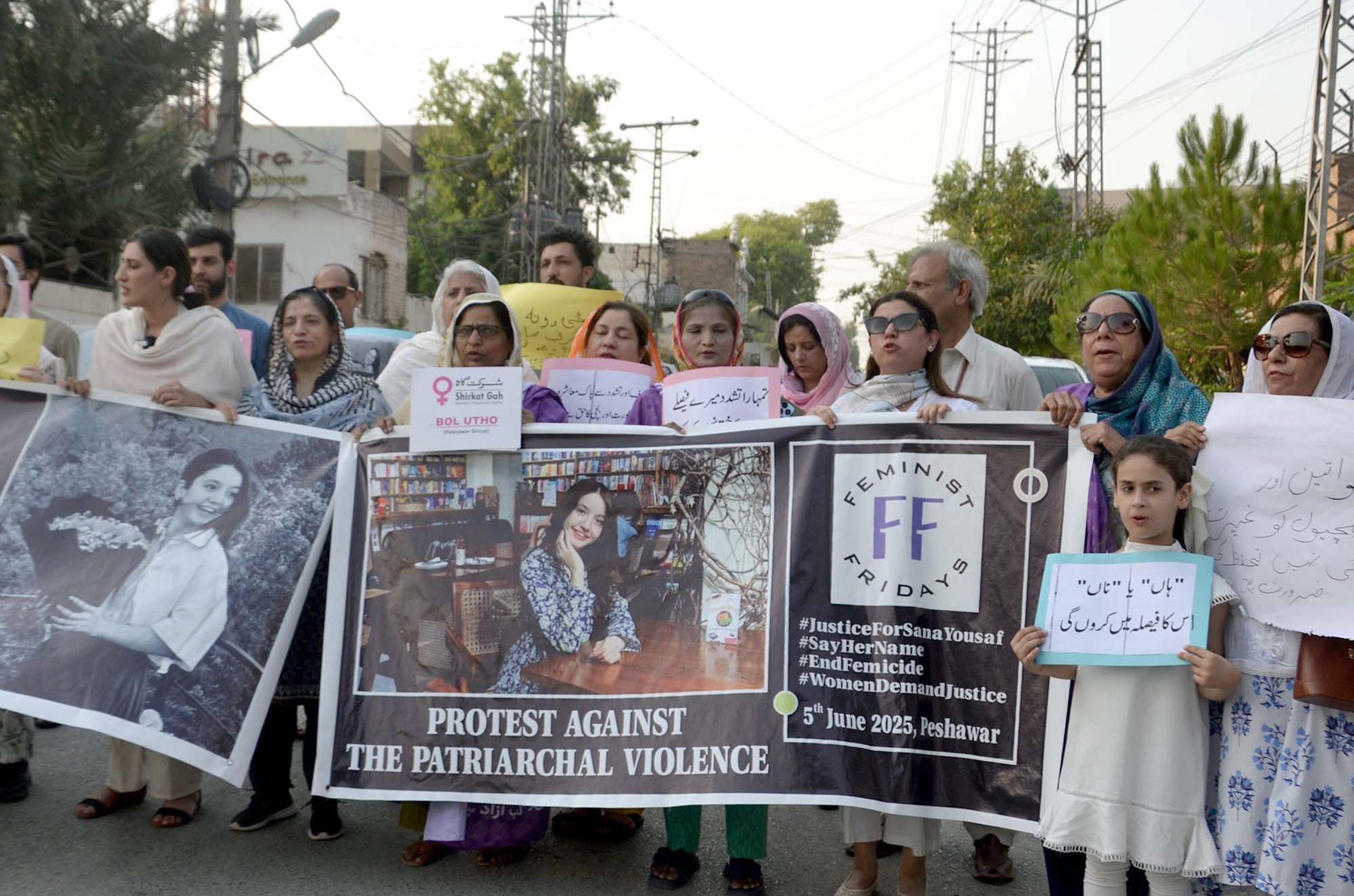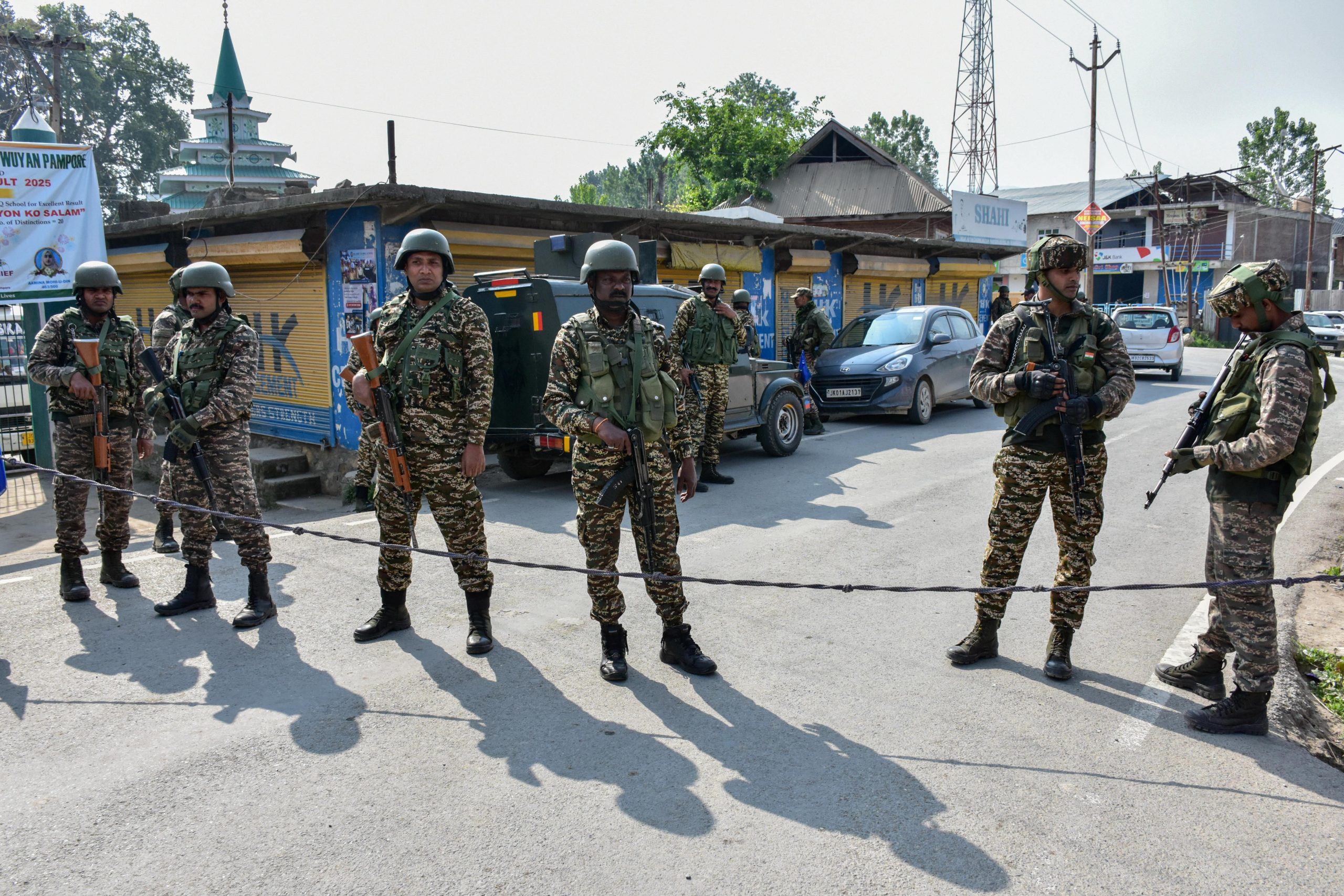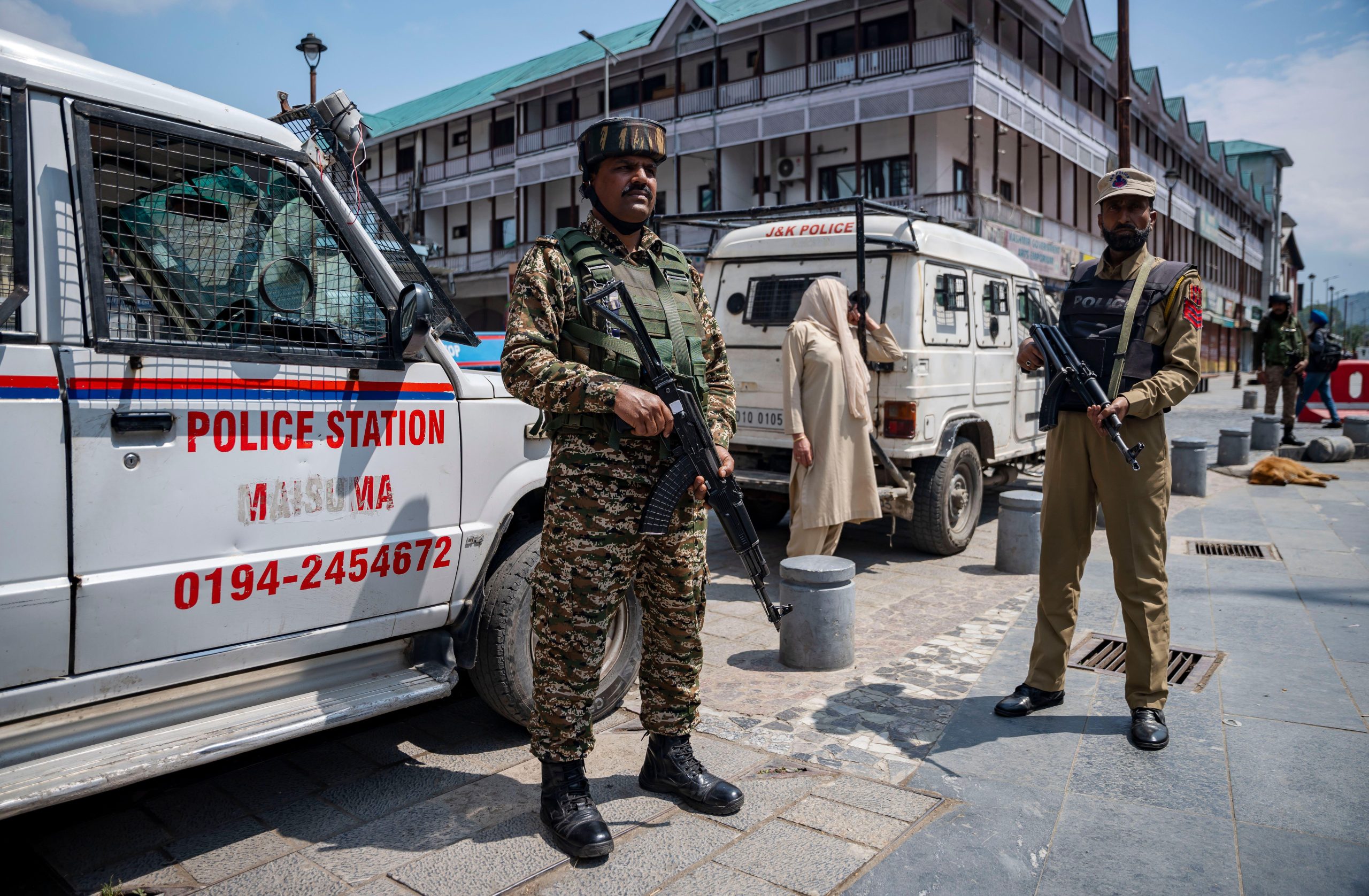
President Musharraf’s crackdown has taken its toll on Pakistan’s already beleaguered media, writes Zubeida Mustafa
On Tuesday 6 November, over 350 journalists assembled on a warm sultry afternoon on the lawns of the Karachi Press Club to decide their response to the state of emergency imposed on Pakistan. The feeling of desolation hung heavy. No birds chirped in the normally noisy trees. The megaphone installed for the speakers kept falling silent. The atmosphere epitomised the mood of the journalists since General Pervez Musharraf, armed with extra-constitutional powers, ventured to crack down on the courts, lawyers, human rights activists and the media.
It is widely believed that the “independent judges”—a term that has entered the media vocabulary in recent times—were the key target of the general’s move. Fearing that they would declare his election of 6 October illegal and thus upset his political agenda, President Musharraf proceeded to pre-empt the courts. Since the lawyers, the activists and the media supported the judges, it was not unexpected that they also became victims of the General’s ire. Nearly a thousand lawyers and activists were arrested in the first three days of the emergency. Most have been released on bail but quite a few have been arrested under anti-terrorism laws, which carry the death penalty.
When the axe fell on the media, it came as a personal blow to many journalists who had struggled against autocratic rulers for decades to liberate the press from draconian curbs. It amounted to being back to square one. In a country where every ruler has sought to control the flow of information – and succeeded until lately—legal devices were at hand to help the government achieve its dishonourable aims. Ordinances were issued that made it punishable to “defame or bring into ridicule” the head of state or the military. The country has defamation laws but through the new ordinances the government has arrogated to itself arbitrary powers to decide if it has been ridiculed! A newspaper is under threat of closure for 30 days for non-compliance, while a television channel can be shut down for three years.
Impatient as it was to act, the government ordered the cable operators to put all private news channels—including foreign ones like BBC, CNN, etc—off the air even before the emergency was announced and media laws issued. It also proceeded to seize the equipment of some TV stations.
The media continue to defy the government’s orders, albeit cautiously, as journalists test the waters and try to push the frontiers of freedom. But in the end analysis a lot would depend on the media proprietors. Are they prepared to challenge the powers that be and risk a closure? The affected TV channels have already lost millions in revenues.
As for the journalists’ unions, they feel that taking the high road to protest when the government is in such a nasty mood and there is no public turbulence would be suicidal since they would stand isolated. The fact is that Pakistan’s civil society is badly fragmented today. Decades of military rule—under four generals—has decimated the labour unions and the students’ unions while enfeebling other groups and political parties. Hence any attempt by journalists to demonstrate their street power would be put down with brute force. Some photographers were arrested on Monday when they accompanied civil society demonstrators on the road. They were later released on the intervention of their union leaders and the promise of “good behaviour”.
These are the journalists who defied another military dictator thirty years ago. Many of them still carry the scars of the beatings they received from General Ziaul Haq’s henchmen. Today that spirit of defiance has been toned down. But that doesn’t mean that the media are willing to surrender their hard-won freedom without a fight.
The Internet is being used extensively to disseminate information. But in a country with less than 50 per cent literacy, the government can turn a blind eye to Internet activism.
A senior journalist observed that press freedom is an integral part of democracy which could be won only if the entire civil society joins hands in an intrepid struggle. That is not about to happen in the near future in Pakistan. Until then, those assembled at the Press Club want the newspaper and channel owners to join their struggle. A joint resolution also called for running black borders round the front and back pages of newspapers and hoisting black flags on newspaper offices as a token of protest. Even that calls for collective action. Will it be forthcoming?
Zubeida Mustafa is a journalist based in Karachi




